This article is about Data Science
Data Science vs Machine Learning vs Artificial Intelligence
By NIIT Editorial
Published on 23/11/2020
6 minutes
The buzz around subjects such as Artificial Intelligence, data science, and machine learning is something that could easily make you mistake one for the other. Yes, there are mutual aspects that make it hard on occasions to differentiate but other than that the demarcation is pretty straightforward. That is exactly what we will discuss today, data science vs machine learning vs artificial intelligence. Let’s go.
What is Data Science?
Data science deals with data systems to extract insights from data sitting in silos aka data warehouses to help in business process optimization. It uses the relevant tools, techniques, and methodologies to find out the patterns present in a particular data set. We all can agree on the fact that data is money today. The more data you have on your customers the deeper you can dig into their behaviour patterns, identify the strongest leads, and customize offers for them. With data science, you can use processes such as data modelling and track the metrics most critical to business goals. It can be used to build recommendation engines as well.
Some of the techniques applied to data science include:
- Machine learning
- Data Warehousing
- Computer Programming
- Statistical modelling
- Pattern Recognition
- Data engineering
- Cloud Computing
- Data visualization
There are two kinds of data analysis techniques that are applied to stored data. The first is Causal Analytics. It is used to make forecasts for any decision that the management is about to take, based on historical numbers. In short, you get to know the risk-rewards ratio for anything in regards to capital investment.
The second technique is Prescriptive Analytics and as the name suggests it prescribes actions for a business unit to pursue profitability. Results drawn from causal analytics in the previous step are used to recommend actionable plans. Machine Learning aids analysts in predicting these numbers with algorithms that learn from the outcomes of a program. This brings us to our next point.
What is Machine Learning?
Machine learning refers to the training algorithms that learn by processing data, record results, and memorize it into the system to modify software behaviour without human intervention. Presently it is best applied to circumstantial forecasts as businesses re-invigorate their quest to leverage historical records. Machine learning branches into statistical mathematics and predictive analytics both of which work in unison to extrapolate data-based decisions. Brands with the largest amount of data reserves appear to gain the most by recruiting ML-competent professionals.
What is Artificial Intelligence?
Artificial Intelligence is a field of study that trains machines to behave intelligently. In technical terms, the goal of AI is to inculcate maximum learning from the environment and optimize its chances of acting successfully. The reason AI is cultivating a cross-industrial interest is because of its capabilities to help automate tasks, bring down costs of operations, and simultaneously raise productivity levels. Using appropriate predictors and classifiers to work on, AI can continue to refine its learning outcomes and significantly impact profit maximisation. Some of the technologies used to work with AI are:
- Natural Language Processing
- Machine Learning
- Robotic Process Automation
- Deep Learning
What is the difference between Machine Learning & Artificial Intelligence?
Machine learning is an algorithmic technique employed to specialize AI-models. The uninitiated people tend to face perplexity. Let us once and for all differentiate between the two for a better understanding.

What is the relationship between AI, ML & Data Science?
Data Science is a broad field that engineers data to the best-fit needs of the organization. It involves domain expertise like data extraction, manipulation, modelling, and visualization. Data science is an end-to-end stream in itself that phases out a plan to act on data, like the one mentioned below:
- Figure out the problem
- Collect data to resolve the issue
- Organize & process the data for insights
- Identify key learnings
- Model data to make predictions
- Communicate results
Artificial intelligence steps in at the stage when data scientists are required to streamline and optimize the best possible alternative. They do this to train algorithms to self-direct themselves and become smart in-process. Machine learning is the tool by which these algorithms learn to forecast and enable the AI to automate.
Let us understand it with the example of a search engine, say Google.
- Step #1 – User enters the query, “best restaurants”
- Step #2 – Google’s data centre has been studying the pattern for such queries for some time now.
- Step #3 – AI algorithms step-in and predict queries closest to the user-query such as “best restaurants near me”
- Step #4 – Google’s auto-suggest feature then offers other related queries in the drop-down to choose from.

Skills for Data Science
By now, you have a foundational understanding to ascertain that data science, machine learning, and Artificial Intelligence are overlapping domains each with a specific set of skills that flow over to the next, and interlink the fields with one another. Following recruitment trends in the industry, we can point to the top skills that help recruiters shortlist CVs:
- Programming
- R
- Python
- SQL
- Data Visualisation
- Big Data
- Statistics
- Linear Regression
- Data resampling
- Shrinkage
- Risk Analysis
- Data Warehousing

Skills Required for AI/ML Jobs
AI and ML, apart from the mutual skill sets with data science, have slightly varying requirements as core competencies.
- Programming Languages
- R
- Python
- C++
- JavaScript
- Algebra, Calculus
- Applied Mathematics
- Neural Network Architecture
- Rapid Prototyping
- Probability & Statistics
- Distributed Computing
Take Your First Step towards Data Science, AI, Ml Journey at NIIT
From self-paced, short-term online courses to career programs, we offer all at NIIT. The following are the latest flagship certification by StackRoute, a division of NIIT, to promote talent in the field of data science:
- Advanced Post Graduate Program in Data Science and Machine Learning (Full Time)
- Advanced Post Graduate Program in Data Science and Machine Learning (Part time)
- Data Science Foundation Program (Full Time)
- Data Science Foundation Program (Part Time)
Apply now, and venture on a learning path towards becoming a data scientist.
Advanced PGP in Data Science and Machine Learning (Full Time)
Become an industry-ready StackRoute Certified Data Science professional through immersive learning of Data Analysis and Visualization, ML models, Forecasting & Predicting Models, NLP, Deep Learning and more with this Job-Assured Program with a minimum CTC of ₹5LPA*.
Job Assured Program*
Practitioner Designed

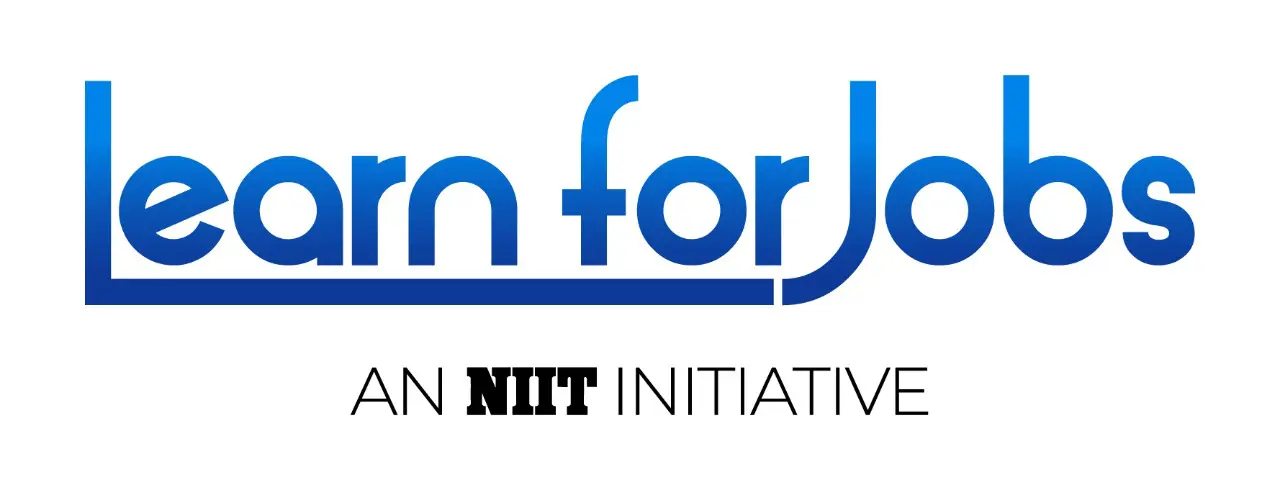
 Sign Up
Sign Up











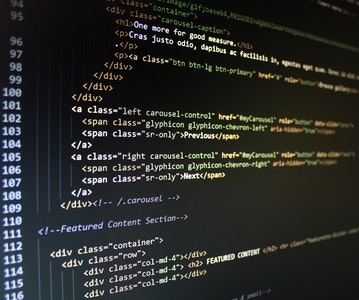
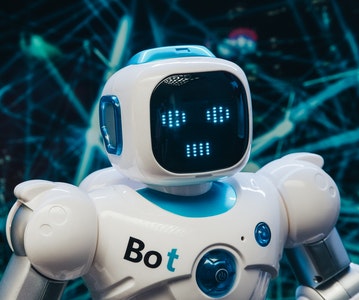






















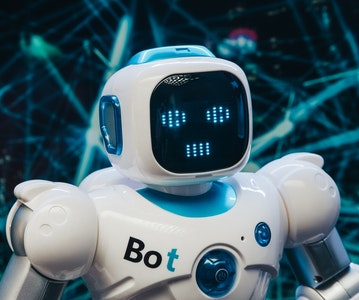









































































































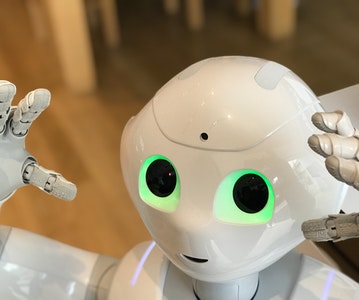








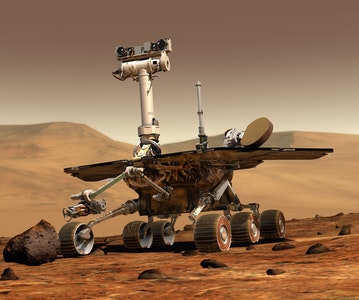





































































































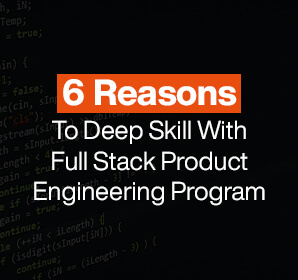


















































































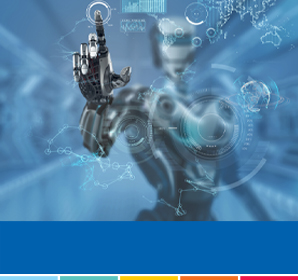















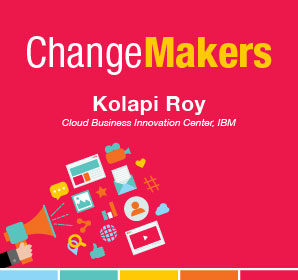

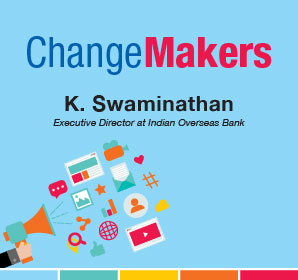
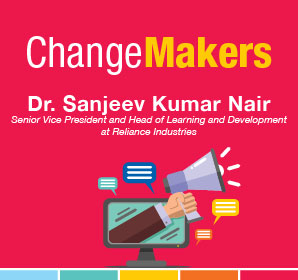
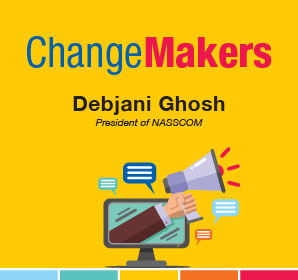

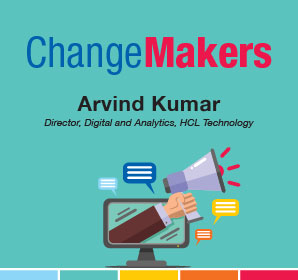
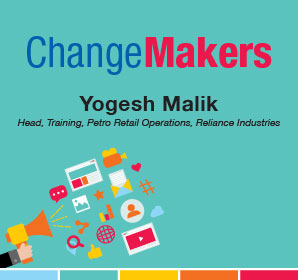

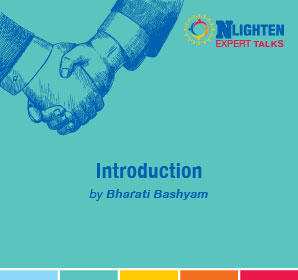



















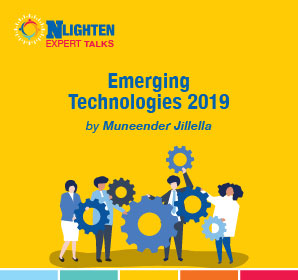
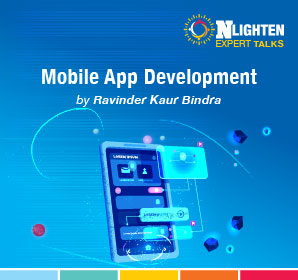
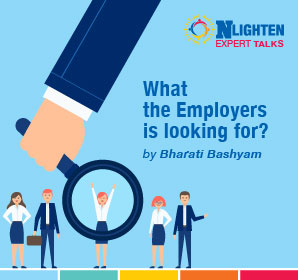
Reviewed on 19th May 2024